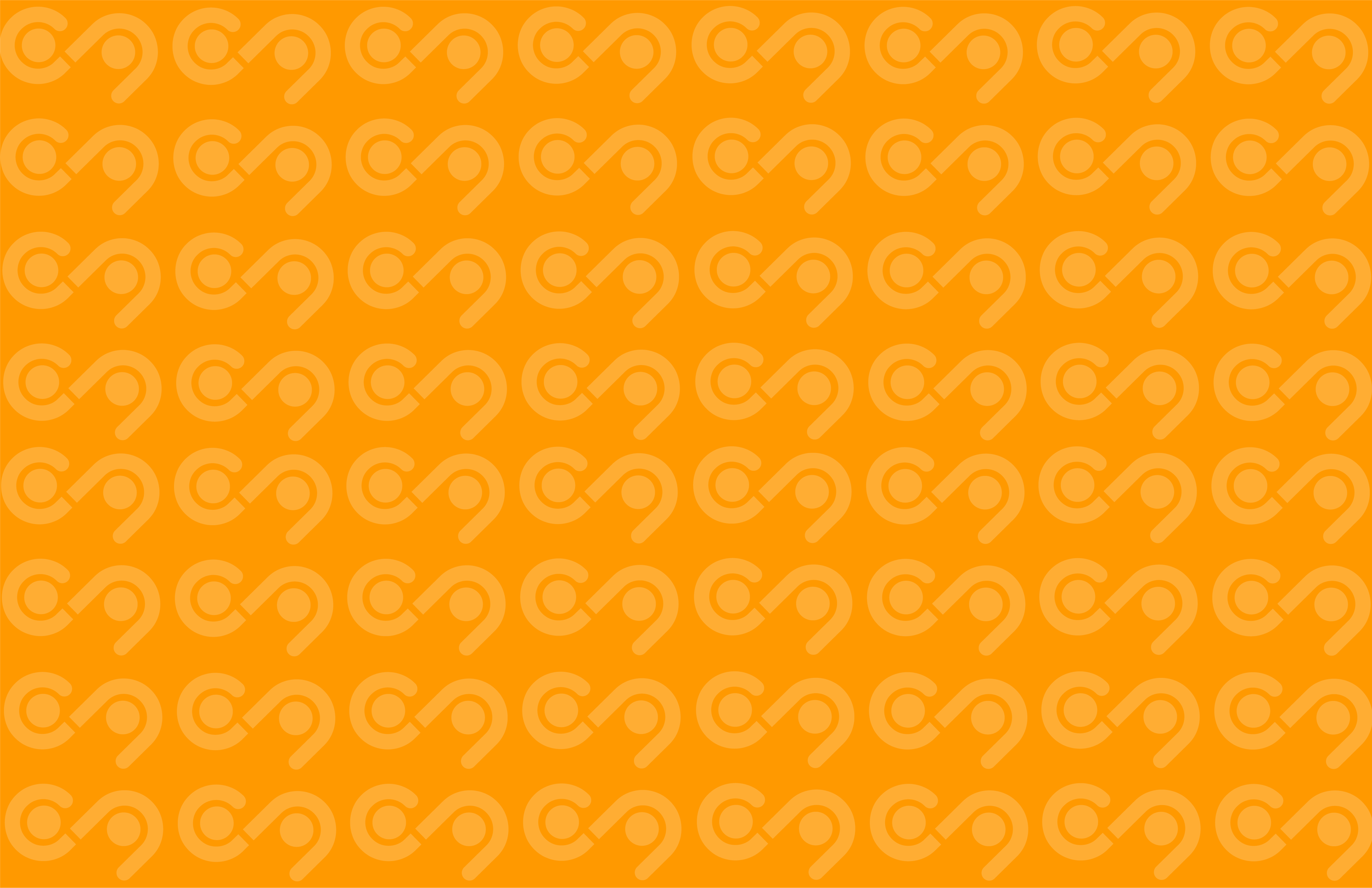
Interview With Chrybaby Cozie - NYC Program Manager
What is your role with Creative Netwerk?
I am the New York City program manager - and to receive a role like that - it truly allows me to be exactly who I am. And who I am as a street dance artist, and a pioneer. I represent the culture of Lite Feet and Hip Hop from the Harlem perspective. And this gives me the full autonomy to promote the wellness that the dance has created, and my lifestyle and culture for the community of Harlem.
How did you get into dance, originally?
I initially got into dance, being a five year old, learning from my oldest brother. I learned the Running Man from him - as a way to keep me as the person dancing at the birthday parties - as he was the firstborn and he was the one that was, you know, asked to dance the most. And when I came into the picture, being his younger brother, he showed me the Running Man and it was a way to basically get the attention off of him from dancing.
As one of the founding fathers of the Hip Hop style of Lite Feet, how do you cultivate that style and bring that history to the students you teach?
For me, it's really just watching those who came before me and working with gentlemen- from Moptop universal like Buddha stretch, Sekou Heru, Link & Caleaf Sellers of Moptop Universal , and Mr. Wiggles - these are gentleman that I got to watch in the music videos that would inspire me and I didn't even know their names. I would watch the gentleman in the movies and in the music videos and just see them pop up throughout time. And I think for me, being able to represent my culture and keep that household name alive has been important. The fact that this thing exists, that it's connected through all of us, and that expands through generations and you never know who you're influencing. They didn't know that I would meet them and that what they were doing at the time and their age would impact someone like me, and I want to be that for my culture as a way to continue to inspire them. If you want to do something with your life - that you know doesn't seem like a standard in this lifetime that people can do - you can choose this art, this dance to make something of yourself.
Why is dance important to you, today?
As a young person, I didn't really look at dance as a way to escape. I didn't need it for that. It was just my outlet. It was the thing that I used because I had access to it and I find when we’re experiencing something like the pandemic - dance was literally my escape from being in my home for nearly two years - moving only around my block. I was able to dance outside. I remember there was a curfew. And we were dancing and the cops were patrolling the neighborhood because of the curfew and I'm like this is a crazy time. So I'm just grateful that I have something like dance that was just taking my mind away from all of that. I also cultivated a lot of intellectual property in that time as well, further developing and updating this style within itself. So dance became an escape and as well as a form of hip hop martial science that I developed in my home - I really spent some time building on that. Dance became a compound structure to a lot of elements that are all really vibrating at the same time.
Tell me about your work in the Harlem community and in NYC right now.
Finding something like Creative Netwerk to be able to be a part of only amplified what I've been able to do. What I would say is that keeping Lite Feet in our local community centers is something that we've been doing throughout the years. But now, having the backing of Creative Netwerk, it's allowing us to create more stability in these spaces for long-term results, as well as communal events that I've been doing throughout the years. My work with CN just allows me to amplify these efforts on a broader scale.
You were raised in Harlem - how has your upbringing influenced your work there?
Living in Spanish Harlem, specifically East Harlem, I've just seen an influx over the years of people being able to exchange goods and in a very communal way with acts of service and a lot of festivals and community days. Being able to see dance being offered at these communal events, it's always made me want to be a part of it, and to be able to do that now is essentially keeping that legacy alive of creating a service that my community could find resourceful.
What do you hope Creative Netwerk students will learn from you?
I hope that they will learn that their abilities are real, that what they have to say matters, and they are the living embodiment of endless possibilities.
